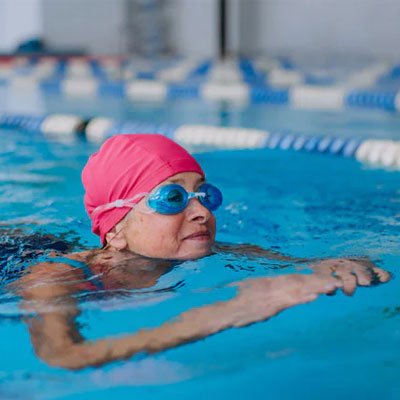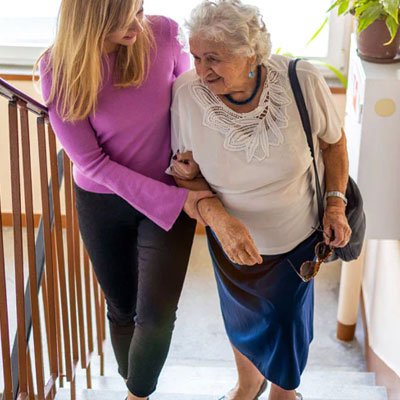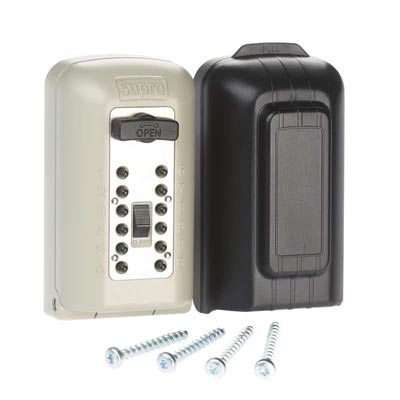Seasonal advice
Extreme temperatures can be harder to handle for the elderly, especially for those with health issues - older adults should take adequate precautions during seasonal changes. Our advice and tips can help with everything as the weather or seasons change.
Get Your Falls Risk Score
Every 10 seconds, a loved one in the UK has a fall. Find out your risk score in 2 minutes.
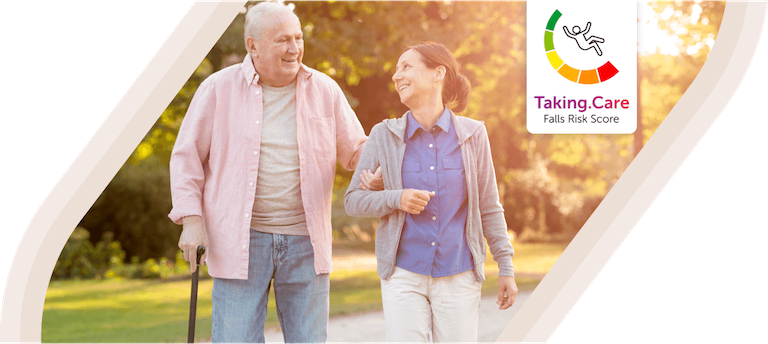
Leisure and activities
Engaging in leisure activities is crucial for the overall wellbeing of older adults as it can alleviate stress, enhance sleep quality, and boost energy levels.
Lifestyle tips
Healthy lifestyle choices can significantly improve the wellbeing of older adults, including staying active, eating well, and socialising. These positive habits can lead to a more fulfilling life.
Mental health and wellbeing
As we age, it's important to prioritise mental health by staying connected, doing fun activities, and seeking professional help if needed, leading to a positive outlook on later life.
Elderly care experts answer biggest questions about seasonal advice
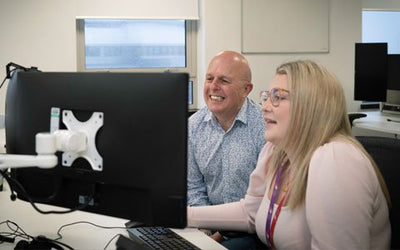
What temperature should the elderly heat their home to in the winter in the UK?
How can the elderly stay safe in the winter?
What precautions should elderly take during hot weather?
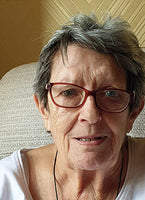
I check the family app at least once a week and what has surprised me most is just how much habit there is to Ann’s daily routine, so actually it is pretty easy to see when something is not quite right.
Daughter-in-law Elizabeth wanted reassurance that Ann was OK when she couldn't be with her. Taking Care Safe Home Alert provides Elizabeth with the insight and peace of mind she needs.
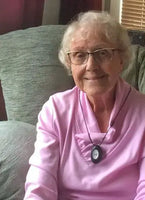
My personal alarm provides me with reassurance - I'm 93 and don't have any family so my alarm gives me the confidence to carry on doing the things I enjoy.
How a Taking Care personal alarm helps Betty to remain active at the age of 93.
